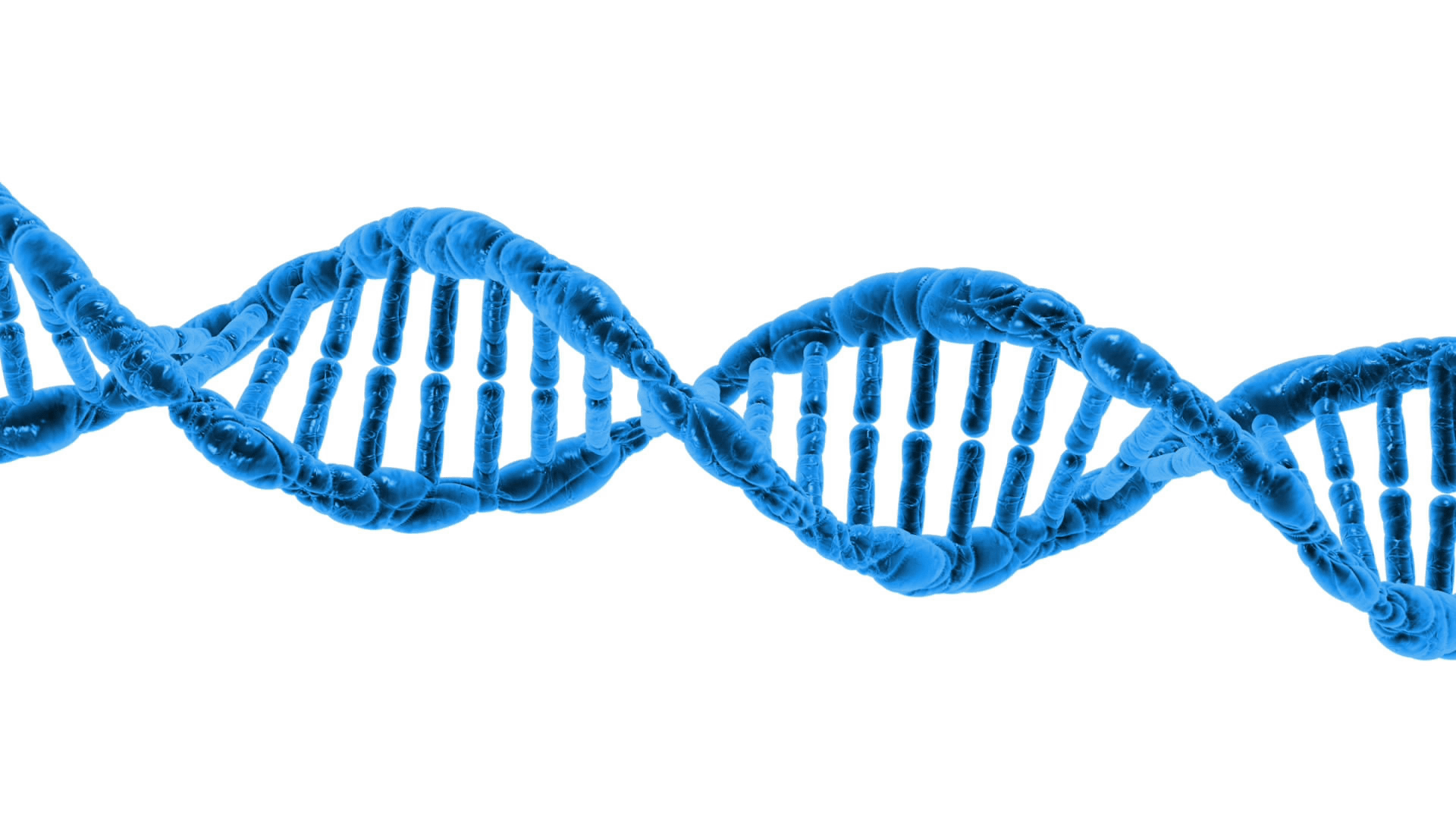MACULAR DISEASES WE STUDY
What is Macular Degeneration?
Age-related macular degeneration (AMD) is the leading cause of irreversible vision loss among the elderly population. It can affect quality of life and daily activities, and may lead to loss of independence. The cause is multi-factorial. We found that both environmental modifiable factors, like smoking and nutrition, as well as genetic factors, contribute to the development and its progression.
Modifiable Factors |
|
 |
Our research has discovered that certain nutrients, such as lutein and zeaxanthin found in dark, green, leafy vegetables, are beneficial. Omega-3 fatty acids found in fish can also be helpful. Additionally, there are risk factors to be aware of, including smoking, dietary trans fats, abdominal adiposity, and a higher body mass index. |
Genetics |
|
 |
Several genes are involved in increasing or decreasing your risk of developing macular degeneration. Our team has identified many of the genes associated with AMD, particularly the strongest genetic risk factors that tend to increase risk in families. We have also developed models that predict likelihood of progression to more advanced forms of the disease over time. The results of our research have been directly applied to treatments currently undergoing clinical trials. |
Gene Testing |
|
 |
Currently, routine gene testing is not recommended because treatments do not yet rely on this information. Nevertheless, the field of knowledge is evolving, and we're moving towards the prospect of precision medicine—treatments tailored to your specific genes. In our research studies, we conduct gene testing and have identified several known genes associated with AMD. Among these, some have a significant impact and lead to the disease manifesting at an earlier age. |
Juvenile Onset Macular Degenerations
These diseases include Stargardt disease and Best disease, and a few others. Genetic mutations have been identified that explain a large part of the development of these diseases. However, more information about the progression of the diseases and the variability of severity is needed which is being explored. For some individuals, gene therapy might be possible in the near future.
Macular Dystrophies
These diseases resemble AMD in some aspects, yet they also have distinct differences in their appearance, age of onset, and progression. Our research includes multiple individuals and families affected by these various patterns of macular disease.
